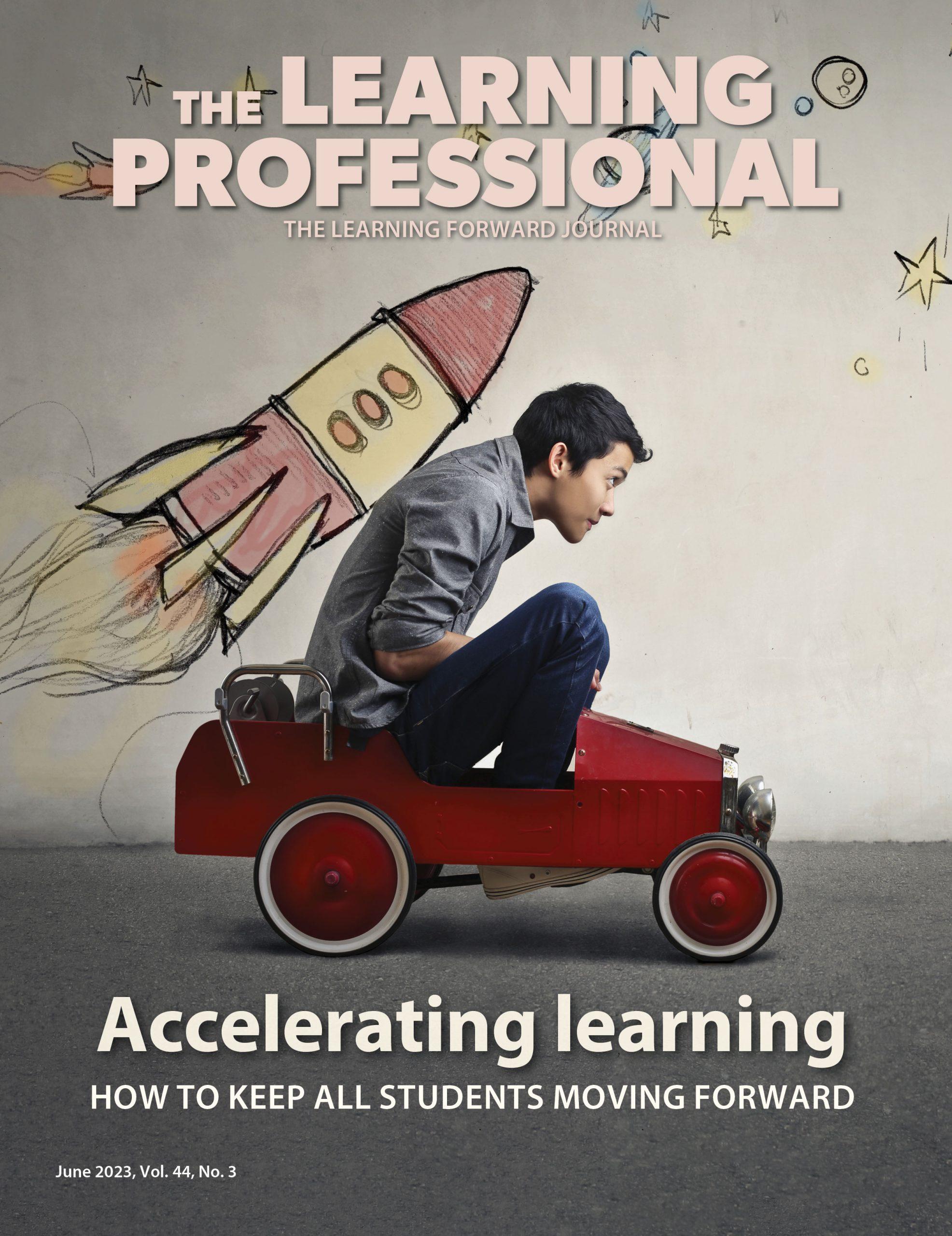Tell Me So I Can Hear
A developmental approach to feedback and collaboration
By Ellie Drago-Severson and Jessica Blum-DeStefano
Categories: Educator evaluation, Learning designsDecember 2014
Read the remaining content with membership access. Join or log in below to continue.
Sed ut perspiciatis unde omnis iste natus error sit voluptatem accusantium doloremque laudantium, totam rem aperiam, eaque ipsa quae ab illo inventore veritatis et quasi architecto beatae vitae dicta sunt explicabo. Nemo enim ipsam voluptatem quia voluptas sit aspernatur aut odit aut fugit, sed quia consequuntur magni dolores eos qui ratione voluptatem sequi nesciunt. Neque porro quisquam est, qui dolorem ipsum quia dolor sit amet, consectetur, adipisci velit, sed quia non numquam eius modi tempora incidunt ut labore et dolore magnam aliquam quaerat voluptatem.
How to Create a Feedback Culture
The following tips and reflective opportunities can help create a feedback culture for growth in your school or district:
Share developmental ideas with colleagues. This can help establish a common language and lens for thinking and talking about feedback.
Ask colleagues how you might best support them when offering feedback. What, for instance, would feel most helpful to them? Generally, people are willing to share their needs when they feel safe and respected.
Consider how your own way of knowing might influence your preferences for giving feedback. Are there ways you might expand your style or approach to more effectively help colleagues tune in to your feedback?
References
Buron, R.J. & McDonald-Mann, D. (2011). Giving feedback to subordinates. Greensboro, NC: Center for Creative Leadership.
Danielson, C. (December 2010/January 2011). Evaluations that help teachers learn. Education Leadership, 68(4), 35-39.
Darling-Hammond, L. (2013). Getting teacher evaluation right: What really matters for effectiveness and improvement. New York, NY: Teachers College Press.
Drago-Severson, E. (2004). Helping teachers learn: Principal leadership for adult growth and development. Thousand Oaks, CA: Corwin Press.
Drago-Severson, E. (2009). Leading adult learning: Supporting adult development in our schools. Thousand Oaks, CA: Corwin Press & NSDC.
Drago-Severson, E. (2012). Helping educators grow: Strategies and practices for supporting leadership development. Cambridge, MA: Harvard Education Press.
Drago-Severson, E. & Blum-DeStefano, J. (in press). The art of feedback: Tell me so I can hear you. Cambridge, MA: Harvard Education Press.
Drago-Severson, E., Blum-DeStefano, J., & Asghar, A. (2013). Learning for leadership: Developmental strategies for building capacity in our schools. Thousand Oaks, CA: Corwin Press.
Dweck, C. (2007). Mindset: The new psychology of success. New York, NY: Ballantine Books.
Hallinger, P., Heck, R.H., & Murphy, J. (2014). Teacher evaluation and school improvement: An analysis of the evidence. Educational Assessment, Evaluation and Accountability, 26(1), 5-28.
Kegan, R. (1982). The evolving self: Problem and process in human development. Cambridge, MA: Harvard University Press.
Kegan, R. (1994). In over our heads: The mental demands of modern life. Cambridge, MA: Harvard University Press.
Kegan, R. (2000). What “form” transforms? A constructive-developmental approach to transformative learning. In J. Mezirow & Associates (Eds.), Learning as transformation (pp. 35-70). San Francisco, CA: Jossey-Bass.
Kegan, R. & Lahey, L.L. (2009). Immunity to change: How to overcome it and unlock the potential in yourself and your organization. Boston, MA: Harvard Business School Press.
MacDonald, E. (2011, June). When nice won’t suffice: Honest discourse is key to shifting school culture. JSD, 32(3), 45-47, 51.
Marshall, K. (2013). Rethinking teacher supervision and evaluation: How to work smart, build collaboration, and close the achievement gap (2nd ed.). San Francisco, CA: John Wiley & Sons.
Stone, D. & Heen, S. (2014). Thanks for the feedback: The art and science of receiving feedback well. New York, NY: Penguin Group.
Jessica (jblumdestefano@bankstreet.edu) is course instructor & advisor, Bank Street Graduate School of Education.
Categories: Educator evaluation, Learning designs
Recent Issues
TAKING THE NEXT STEP
December 2023
Professional learning can open up new roles and challenges and help...
REACHING ALL LEARNERS
October 2023
Both special education and general education teachers need support to help...
THE TIME DILEMMA
August 2023
Prioritizing professional learning time is an investment in educators and...
ACCELERATING LEARNING
June 2023
Acceleration aims to ensure all students overcome learning gaps to do...








